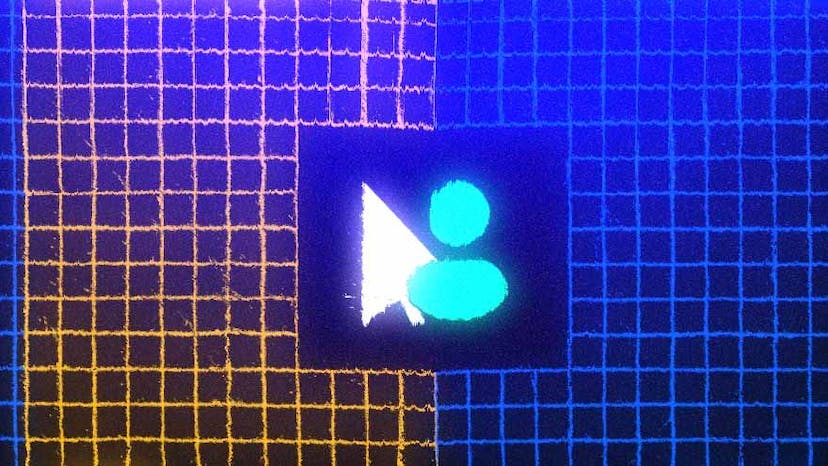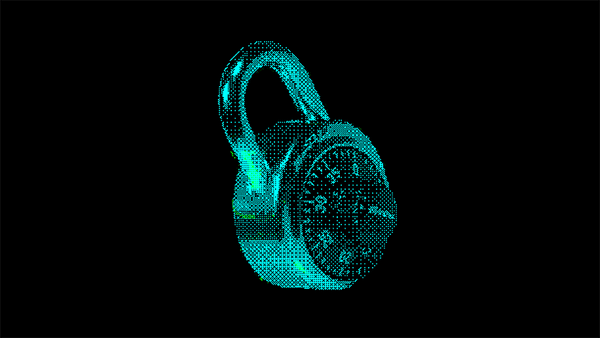It’s no surprise that the crypto industry has a growing privacy problem. There needs to be an industry-wide wake-up call to re-orient privacy as the top priority for developers and consumers alike. Every developer team in crypto should consider the following questions as they build the protocols of the future:
- Can the technology lead to unauthorized doxxing?
- Does the technology allow for unwarranted identity tracing?
- Does the technology enable transaction censorship?
If the answer is “yes” to any of the above questions, then it might be time to reconsider a redesign in order to protect and preserve user privacy.
Enhancing Technologies
The industry must broadly implement privacy enhancing technologies like zero-knowledge proofs (ZKP), which can be used for masking transaction amounts, asset types, and wallet addresses, without compromising basic compliance requirements.
ZKPs can also be used to build new solutions such as ZK-Rollups, ZK-Bridges, ZK-Decentralized Identities (ZK-DiDs), and ZK compliance proofs. Each of which can use both the succinctness and encryption methods of ZKPs to support scalable privacy systems.
The stakes could not be higher: a privacy-centered blockchain ecosystem will allow crypto to foster a digital commons that promotes the best of humanity. However, the current trajectory is teetering towards a dystopian surveillance society where oppressive government regimes, private mega-corporations, and evil hacker groups unilaterally impose their will on free people for profit and advancement.
A Brief History of Crypto Privacy
In the legendary Cypherpunk Manifesto Eric Hughes writes: “Privacy is the right to selectively reveal oneself to the world. “The crucial word here is “selectively.”
As Hughes makes clear, privacy is not secrecy. Secrecy is when an individual never reveals themselves, regardless of the circumstances. Privacy is when an individual has a self-sovereign right to exercise their judgment when revealing their identity. Technologies such as ZKP empower people with the tools to employ this judgment.

We Have the Tools to Reshape Cross-Chain Identity
A Primer on the Power of Soulbound Tokens, Decentralized Identifiers, and Verified Credentials
The cypherpunks were technology revolutionaries in the truest sense of the term. They open-sourced encryption technologies such as PGP and RSA in the early 90s when western governments made it a crime to do so.
Their tactics were often flagrant, selling T-shirts with the RSA algorithm along with a warning that the shirt was technically classified as a “munition” (which was actually true at the time). They placed ads in magazines with the PGP key needed to communicate with them. They organized in public, using pseudonyms and careful opsec.
But the cypherpunks’ actions were not ill-intentioned. They wanted to demonstrate a crucial point: that these open technologies were designed to protect people from oppression and should not be controlled by governments.
Cypherpunks built groundbreaking technologies. The cypherpunks were also aware that such power, if only reserved for a few, could be used against the many as a tool to oppress.
The cypherpunks wanted to demonstrate a crucial point: that these open technologies were designed to protect people from oppression and should not be controlled by governments.
This is the inherent tension at the heart of crypto privacy. On one hand, there exists a technology that can empower individuals and give them a level of privacy and control over their assets that was previously unimaginable. On the other hand, this same technology can be used to further entrench existing power structures and enable new forms of oppression.
The Private Road Ahead
The solution to this problem is not to abandon privacy-enhancing technologies, such as ZKP, but to double down on our efforts to build them at scale. We must lean into the design of scalable privacy systems that protect people while not introducing new problems that hurt people.
ZKPs were first conceived in 1985. Thirty-seven years later, ZKP technology has advanced enough that it can now be used to support a variety of use cases around scaling and privacy in web3.
ZK-rollups are a layer-2 scaling solution that uses the succinctness of ZKPs to reduce the amount of data that needs to be stored on-chain. This relieves layer-1 blockchains from having to verify and settle every individual transaction on-chain, which lowers transaction costs and increases transaction throughput.
ZK-bridges are a cross-chain solution that uses ZKP to validate transaction state across different networks for more secure, interoperable, and private transactions.
ZK Tools
ZK decentralized identities, or zk-DIDs, are digital identities that allow users to prove certain facts about themselves without revealing their identity. The most popular implementation of this concept is ERC-725, which allows users to manage their online identity without relying on trusted intermediaries as a primary source of truth.
ZK compliance proofs represent a range of ZK tools designed for allowing more auditability without revealing irrelevant details. A few examples of these include ZK range-proofs, which can be used to prove a value, such as a transaction amount, without revealing the actual value.

Machine Learning Best Way to Defend Web3 From Exploits
Bedeviled by Hacks and Exploits Web3 Should Tap ML to Protect Its Turf — Here’s How
ZK proofs of solvency, which can be used to prove the solvency of an entity and/or pool without revealing the sum of all balances. ZK-KYC, which can be used to prove a person is who they claim to be, and is not on a sanction list, without revealing other personal information.
These are just a few of the many example ZK technologies that allow for more scalability and privacy without sacrificing the decentralization of the web3 ecosystem nor the compliance of the traditional financial world.
‘For privacy to be widespread it must be part of a social contract. People must come and together deploy these systems for the common good. Privacy only extends so far as the cooperation of one’s fellows in society.
The Cypherpunk’s Manifesto is such an important document because it so presciently predicted the world in which we live in today. Hughes foresaw a future where “privacy is necessary for an open society in the electronic age.” He could not have been more accurate.
Sam Harrison is the CEO of Discreet Labs.


 The Defiant
The Defiant






